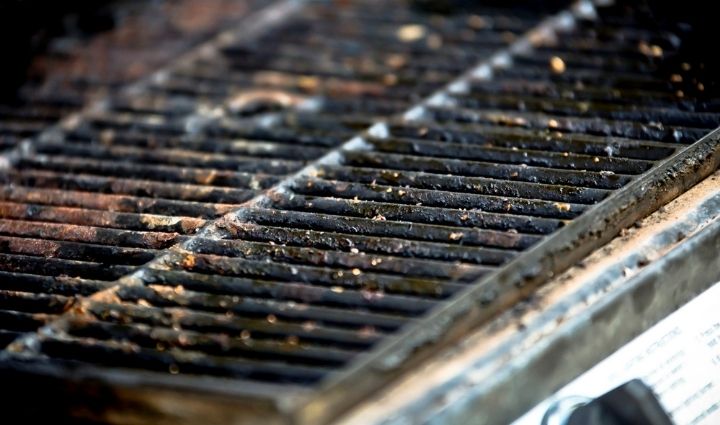Aluminum Grill Grates and Health: What Every BBQ Enthusiast Should Know
Written By James Morgan
When it comes to outdoor cooking, using aluminum grill grates can be a game-changer. However, the question remains: how do these grates impact our health? As a BBQ enthusiast, understanding the potential health implications of using aluminum grill grates is crucial. In this article, we will explore the effects of aluminum grill grates on health, how to use them safely, and whether they should be your go-to choice for grilling.

Are Aluminum Grill Grates Harmful?
The primary concern surrounding aluminum grill grates is the potential for aluminum to leach into food during cooking. While aluminum is a naturally occurring metal found in the earths crust, excessive intake can pose health risks. Research suggests that high levels of aluminum consumption may be linked to neurological disorders and other health issues. However, the amount of aluminum that leaches into food when using grill grates is generally considered minimal and not harmful under normal circumstances.
For those concerned about aluminum exposure, there are several steps you can take to minimize the risk. Using a barrier, such as a grill mat, can prevent direct contact between food and the grates. Additionally, avoiding the use of acidic marinades on aluminum surfaces can reduce the chance of leaching. For more tips on avoiding burned food on grill grates, check out this link.
Aluminum Grill Grates vs. Other Materials
When it comes to grilling, there are several types of grill grates available, each with its own pros and cons. Aluminum grill grates are lightweight and resistant to rust, making them a popular choice. However, they may not provide the same heat retention as other materials like cast iron.
Cast iron grates are known for their excellent heat retention and the ability to create perfect grill marks. However, they require more maintenance to prevent rusting. Stainless steel grates offer a balance between durability and ease of maintenance, but they can be more expensive. For a deeper dive into the science of grill grates, visit this link.
Best Practices for Using Aluminum Grill Grates
To ensure a safe and enjoyable grilling experience, it's essential to follow best practices when using aluminum grill grates. First, always preheat your grill to the appropriate temperature before placing food on the grates. This helps to kill any bacteria and ensures even cooking.
Regular cleaning of your grates is also crucial. After each use, brush off any remaining food particles and clean the grates with warm, soapy water. This not only prolongs the life of the grates but also minimizes any potential health risks. For guidance on cleaning grill grates, check out this link.
Should You Choose Aluminum Grill Grates?
The decision to use aluminum grill grates ultimately depends on your personal preferences and grilling habits. If you prioritize lightweight and rust-resistant materials, aluminum might be a great choice. However, if you prefer better heat retention and the ability to create distinct grill marks, you might opt for cast iron or stainless steel alternatives.
It's important to weigh the pros and cons of each material and consider factors such as maintenance, cost, and the types of foods you typically grill. For more insights on choosing the right grill grate, explore our guide.

FAQs
Do aluminum grill grates affect the taste of food?
No, aluminum grill grates do not affect the taste of food. They are designed to provide a non-reactive surface for grilling.
Can I use aluminum grill grates in all weather conditions?
Yes, aluminum grill grates are resistant to rust and can be used in various weather conditions. However, it's essential to store them properly to prolong their lifespan.
How do I maintain my aluminum grill grates?
Regular cleaning is key to maintaining aluminum grill grates. Clean them with warm, soapy water after each use and store them in a dry place to prevent damage.



